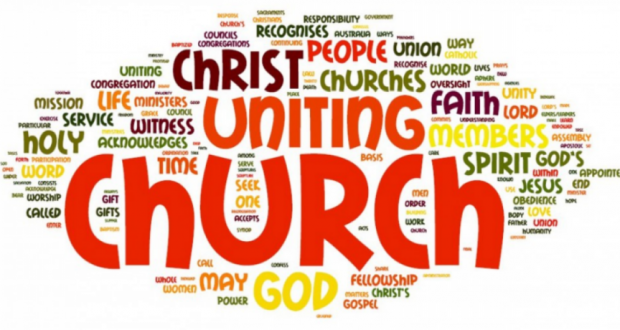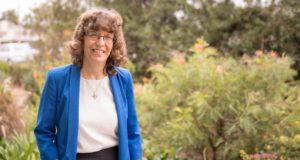The Basis of Union is a major part of our history and identity as a church, but Robyn Goodwin asks, does the next generation understand it or even know what it is?
The Basis of Union is something Uniting Church members can be really proud of. The fact that it even exists seems pretty miraculous to me. It’s our identity document and it’s full of rich, powerful, hopeful, challenging and potentially transformative ideas for the Uniting Church today. It reminds us where we came from, where we are and where we are headed.
However, many younger people I know within the Uniting Church don’t have a clue what the Basis of Union is, let alone its significance. Why? Simply put, because we have no first-hand memory of it. We are not in touch with our history. If, like me, you were born after the time of church union, you probably only have a vague idea about how or why it happened.
What did it mean to be a Methodist, a Presbyterian or a Congregationalist? What did each think of the other denominations? What discussions were had, and how did they go? What sacrifices and compromises were made? Could we do it again? What did it mean and what hopes did people have for the future of the new denomination? In short, many Uniting Church young people—including myself—are in possession of a legacy that we at best don’t fully understand, and at worst don’t even know about.
Some more intellectual members of the Uniting Church have told me that we are in a “post-denominational” time when many Christians don’t really care about which denomination’s Sunday service they attend—if church attendance itself is considered necessary at all. On the one hand, this view is helpful because it recognises God’s people as not limited by denominational barriers and does away with many unhelpful religious artifices. On the other it’s unhelpful because Christianity is at risk of becoming ahistorical and individualistic, of losing its important traditions, heritage and identity. In fact, when we lose our denomination, I think we lose the larger story of our communal relationship with God. We can’t continue the journey because we don’t know what journey we are on.
Do you remember church union? What do you think about the Basis of Union? When was the last time you talked about it with anyone, and who could you talk about it with now?
Older people, we younger people desperately need you! Share your stories with us, catechise us and help us to understand the legacy that is being passed on, lest we create the Uniting Church into an image of ourselves.
Robyn is a member of Leichhardt Uniting Church in Sydney, New South Wales. She spoke at the Basis of Union: Catalyst for Renewal conference in Sydney in August and is an advisor to the World Communion of Reformed Churches.
 JourneyOnline
JourneyOnline








